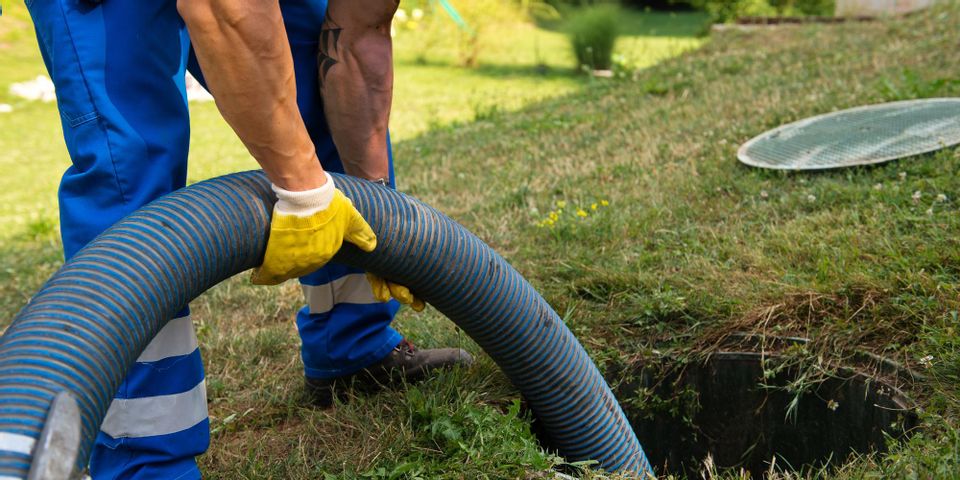
If you’re a homeowner whose house is connected to a septic system, septic tank pumping should be an important component of your home maintenance plan. Yet, there tends to be some uncertainty among longtime and new homeowners alike when it comes to the best practices for pumping. Find clarity on some of the most commonly asked septic care questions below.
5 Questions About Septic Tank Pumping, Answered
How Often Should My Tank Be Pumped?
The frequency with which you should have septic tank pumping performed varies based on a few factors. Tank size, household occupants, and water usage can influence your pumping schedule. Most tanks should be pumped every three to five years. The best way to tell for sure whether you’re due for pumping is to have your septic tank inspected annually.
How Long Do Septic Tanks Last?
Septic tank lifespans can also vary widely. The most significant factor playing a role in a system’s lifespan is maintenance. When the system is used appropriately, installed properly, and cared for with regular maintenance, a steel septic tank should last up to 20 years. Thereafter, they may begin to rust and should be replaced. Concrete tanks, however, can last indefinitely.
What Happens When a Septic Tank Fails?
Septic tank failure often results from a tank which has gone without pumping for too long. It can overflow, flooding the drain field with hazardous waste and clogging up pipes. The effluent can also make its way into your home, backing up into toilets and sinks. This is a serious emergency and demands immediate attention from a professional.
What Are the Signs of a Septic Problem?
In addition to a system backup, some other indications of a septic issue that needs to be addressed could include an odor of sewage, wet spots on your lawn — near the drain field — slow drainage of sinks and toilets, gurgling sounds from downstairs plumbing, or contaminated water.
How Can I Prevent Septic Tank Issues?
 Preventive maintenance, including regular septic tank pumping, is the best way to prevent serious issues. Additionally, controlling your home’s water use can also prevent your system from becoming overloaded. For instance, limit shower lengths and avoid running water-based appliances a series of times on the same day. Finally, try to only put water and toilet tissue down your drains.
Preventive maintenance, including regular septic tank pumping, is the best way to prevent serious issues. Additionally, controlling your home’s water use can also prevent your system from becoming overloaded. For instance, limit shower lengths and avoid running water-based appliances a series of times on the same day. Finally, try to only put water and toilet tissue down your drains.
If you’re a homeowner in New Haven County, CT, seeking a dependable septic care team, turn to Sanitrol Septic Services. This experienced team has been serving the community since 1984 and specializes in septic tank pumping as well as drain cleaning and emergency services. Send the company a message online or call (203) 315-3202 to schedule services today.
About the Business
(5 reviews)
Have a question? Ask the experts!
Send your question
